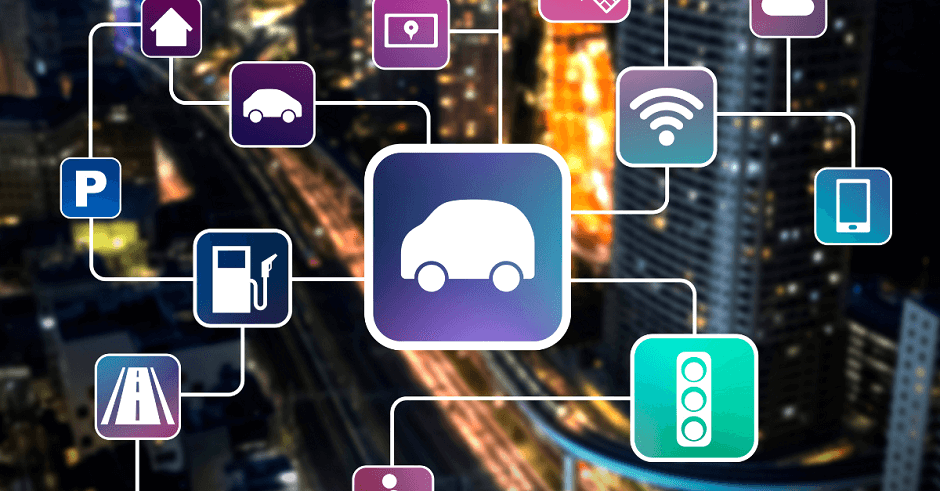Towards a Techno-smart Transportation Industry
As with many industries, the transportation, handling and international trade sector must deal with major changes brought on by the labour shortage crisis, increased trade, and the ecological transition. New technologies can play a huge role in supporting the growth of an industry forced to adapt to stay competitive. Here’s a look at the main tech trends that are already reinventing the industry.
-
Digital acceleration
Despite its significant progress in recent years, the transportation sector still has its work cut out in response to the needs of an increasingly demanding consumer society, concerns about environmental footprints and the demand for ever faster services.
Electronic tickets, mobile news delivery and onboard Wi-Fi access have become the standard on buses, trains and planes. The next stage of innovation will be to link multiple data-driven services, with a view to improving the customer experience and optimize service offerings. Dvore and Parknet succeeded in doing just that when they developed a smart parking solution with integrated ticketing. ZED Digital’s smart ticketing solution is another good example. Not only does it allow people to purchase digital tickets, it also fully automates ticket verification at venue entrances, without them even having to take their smartphones out of their pockets.
The logistical improvements ushered in by new technologies influence the various stages of the delivery process. Computers, real-time tracking software or on-board electronics and Wi-Fi (like that Radio IP provides to ensure efficient communication between drivers and logistics hubs) greatly improve shipping companies’ logistics. These tools allow them to fine-tune operations, by optimizing departures or transit locations, for example.
-
Automation and robotics
Particularly popular in warehouses to compensate for the lack of workers and to be able to operate 24/7, robotics and automation are now truly integrated into production processes. In warehouses, it is not uncommon to see robotic arms moving heavy containers, driverless forklifts driving along a programmed itinerary, and a variety of automated storage systems or maintenance management solutions (like those offered by Logicware or ADNM). These tools simplify transporters’ day-to-day operations by helping them comply with OHS standards, keep track of inventories and supplies, and optimize deliveries by properly assigning orders to the fleet. In doing so, their services are made even more competitive over the long-term.
-
Autonomous driving and platooning
Fully autonomous driving still has a long way to go. While this technology is not likely to be developed for general use in the near future, it could become commonplace in the mid-term for the road-freight shipping industry. An intermediate step is platooning. This method allows trucks to drive close together, braking and accelerating simultaneously, using an online coupling system with a lead truck. This semi-autonomous driving system allows the drivers of follower vehicles to do other tasks or take a break. In addition, delivery vehicles are increasingly connected to road infrastructure that keeps them informed of traffic jams and road conditions. All these driving improvements are designed to reduce fuel costs and accidents caused by human error, and thus ultimately to increase safety.
While the benefits of new technologies are most often applied to the final product or service, the whole production chain definitely still benefits from these technological advances. For example, 3D modeling or augmented/virtual reality makes it possible to simulate prototypes and perform preliminary tests in the pre-production phases, allowing designers to foresee issues in time. It’s also easy to imagine marketing professionals soon being able to offer completely virtual showrooms to present their company’s products.
Visit Techno from Quebec to explore the solutions and services being offered in Quebec in all sectors of tech. Powered by the AQT, this digital showcase allows users to refine their search by keyword, sector of activity, language and administrative region to quickly find products and digital technology solutions to meet all their business needs.

